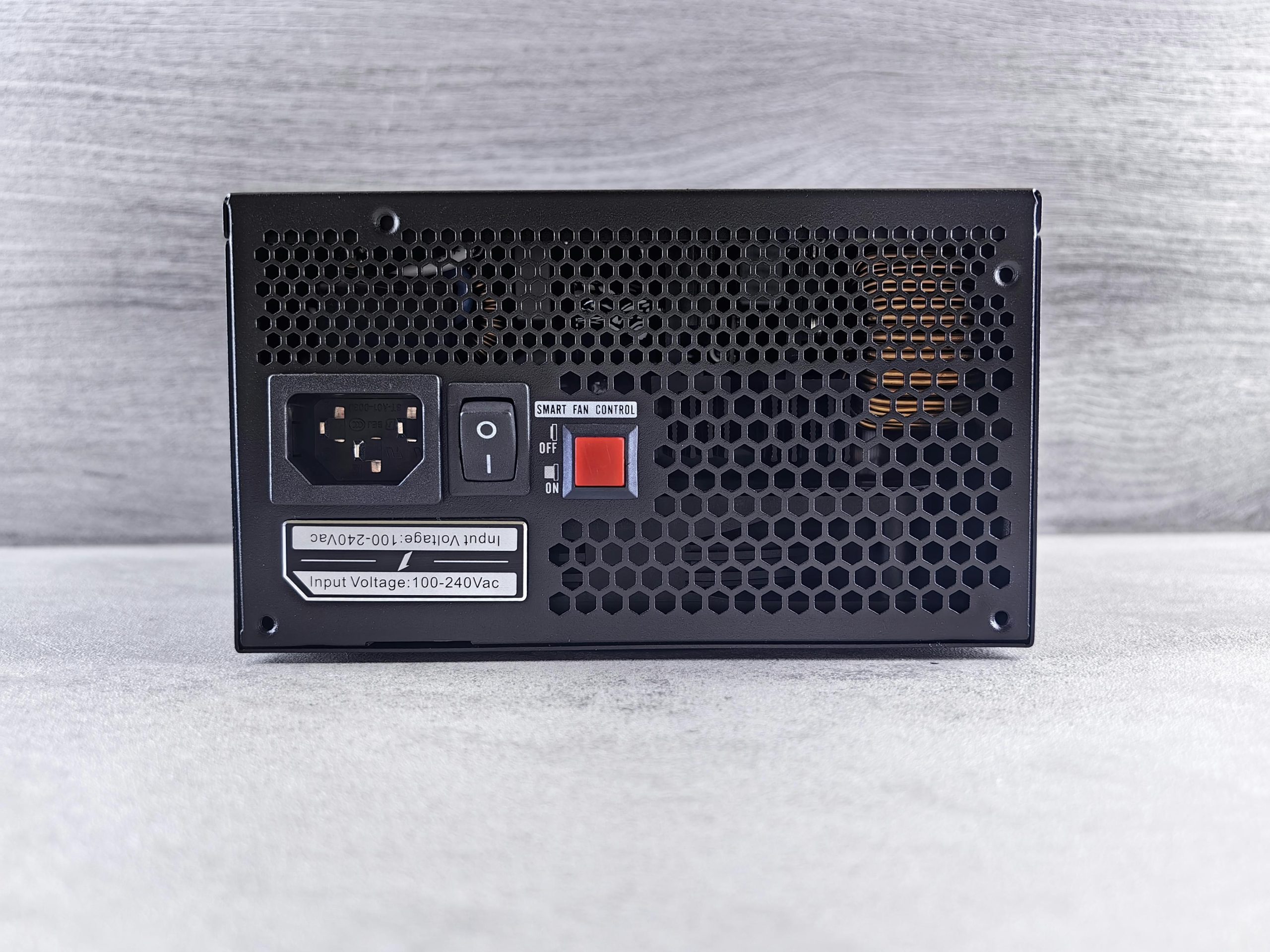Does “Full and Final Settlement” Really Mean No Negotiation?
I recently submitted a demand letter to the at-fault driver’s insurance company (Farmers), and in response, they provided a settlement offer for my bodily injury claim. However, they emphasized that the $x,xxx offer is a “full and final settlement.”
Does this imply that they are unwilling to negotiate, or is it just typical phrasing meant to discourage counteroffers? Has anyone had success negotiating after receiving a “full and final” offer?




The term “full and final settlement” typically implies that the insurance company intends for that offer to completely resolve your claim, meaning you would waive any future claims related to this incident upon acceptance. While it doesn’t necessarily mean there’s no room for negotiation, it does set a clear expectation from the insurer that they consider the offer to be final.
In practice, many people successfully negotiate after receiving such offers, especially if you believe the offer doesn’t adequately cover your damages or if you have strong evidence to support a higher amount. It may be worth presenting your case more thoroughly, including any additional medical bills, lost wages, or pain and suffering you believe should be considered.
It can help to be polite yet assertive in your counteroffer, clearly outlining the reasons behind your request for a higher settlement. Insurance companies often expect negotiations, so don’t hesitate to advocate for what you think is fair. If you feel overwhelmed, seeking advice from a personal injury attorney might also be beneficial. They can help assess the offer and advise you on the best course of action.